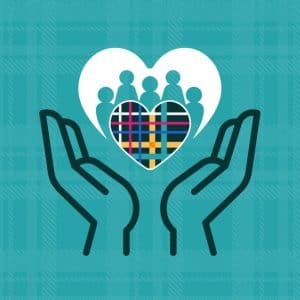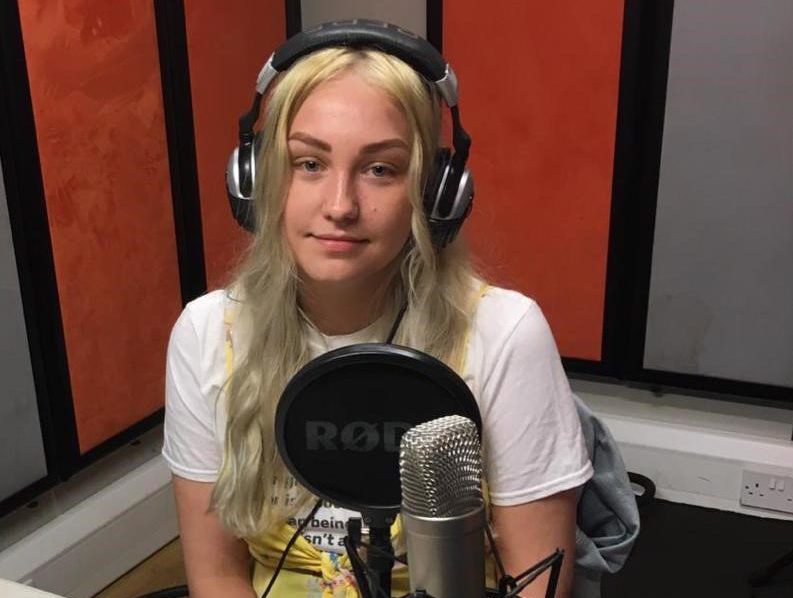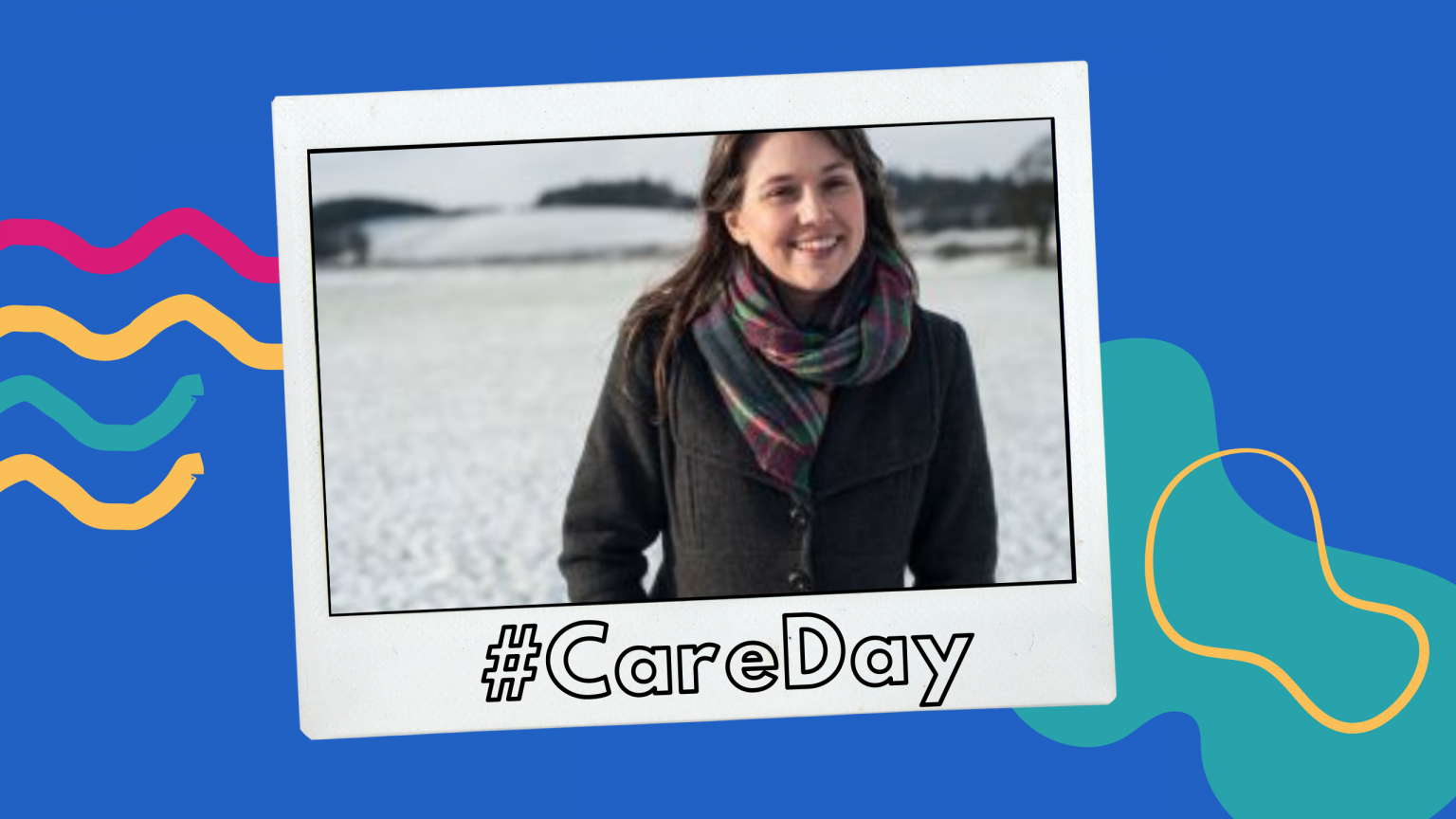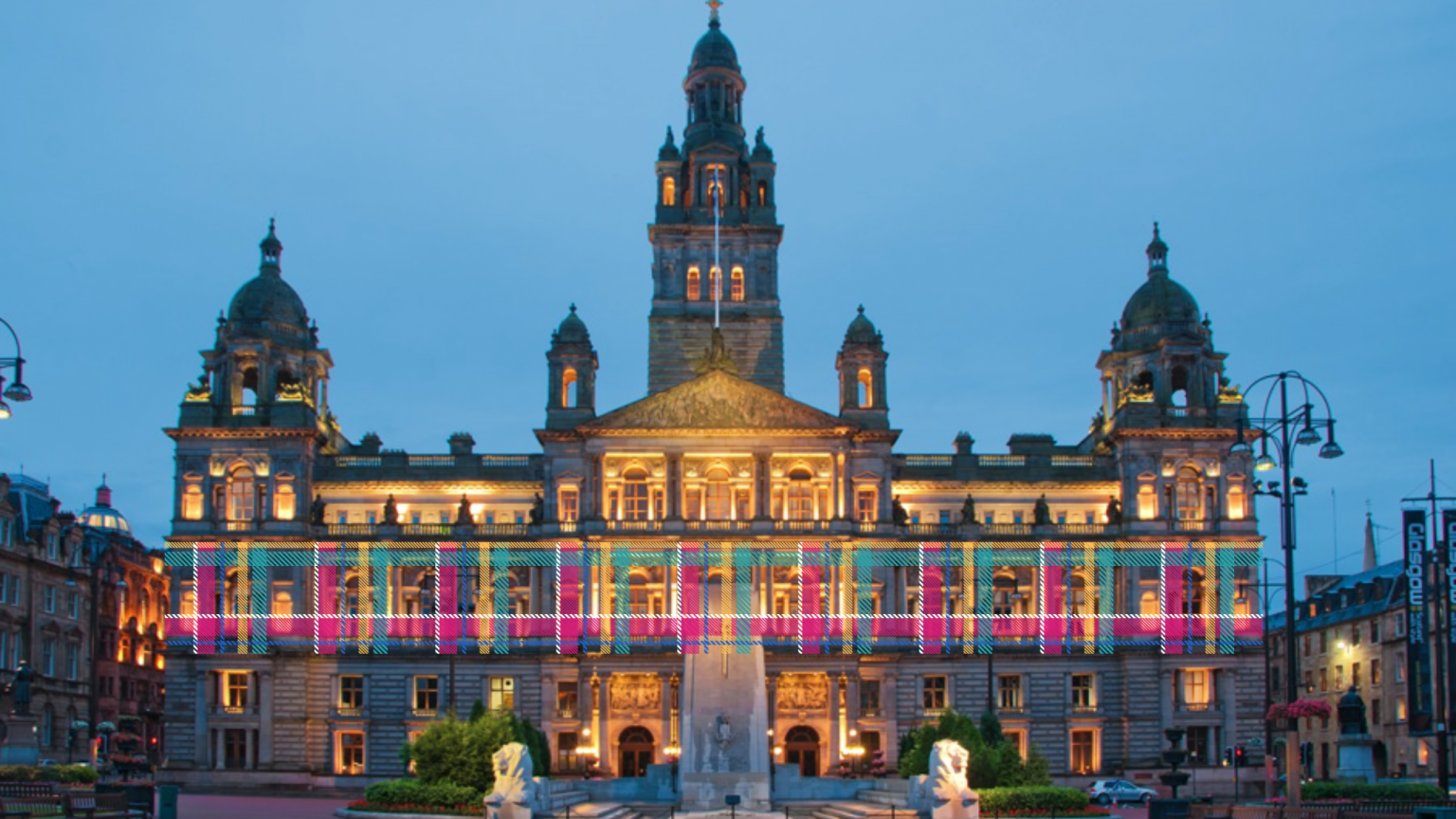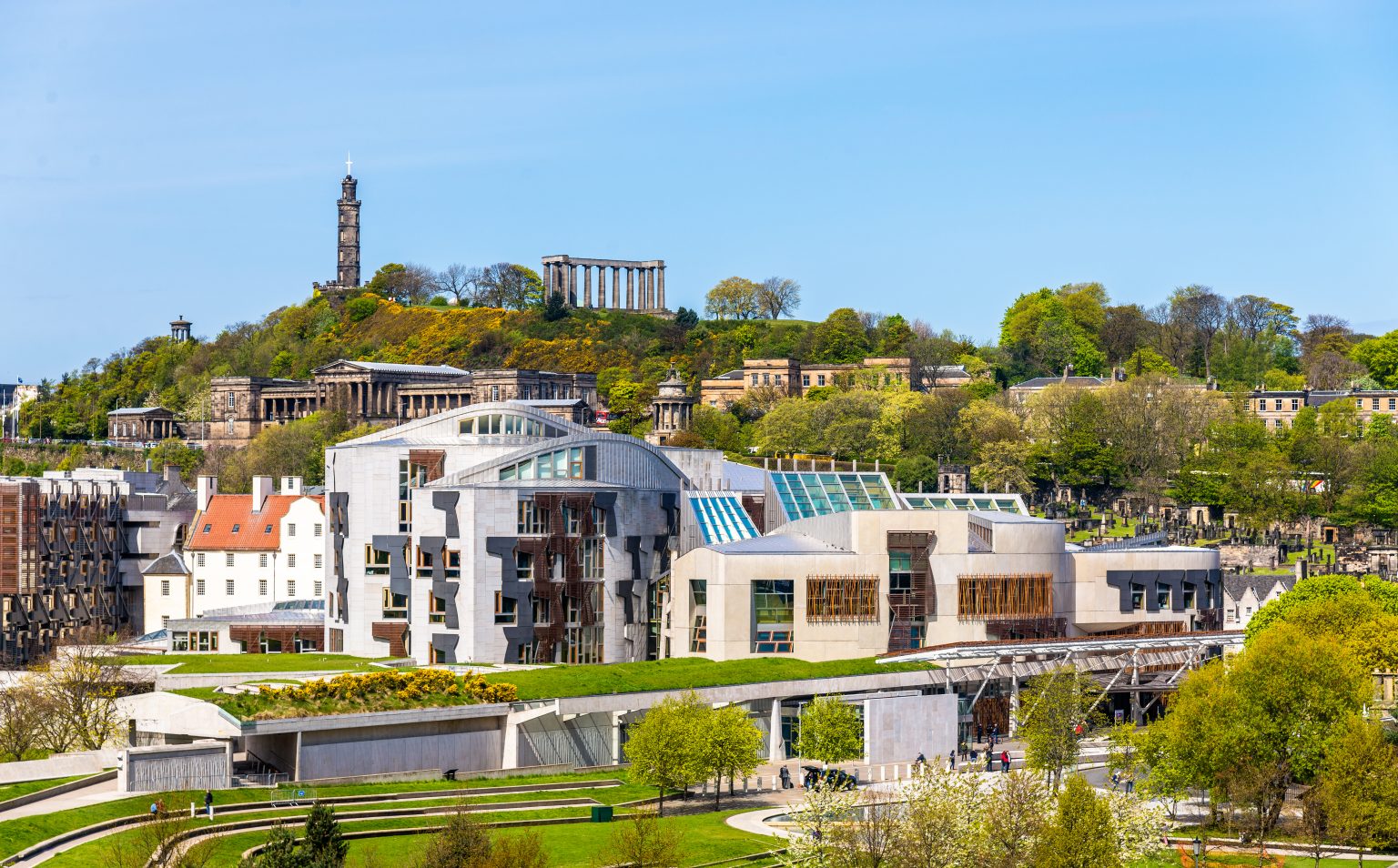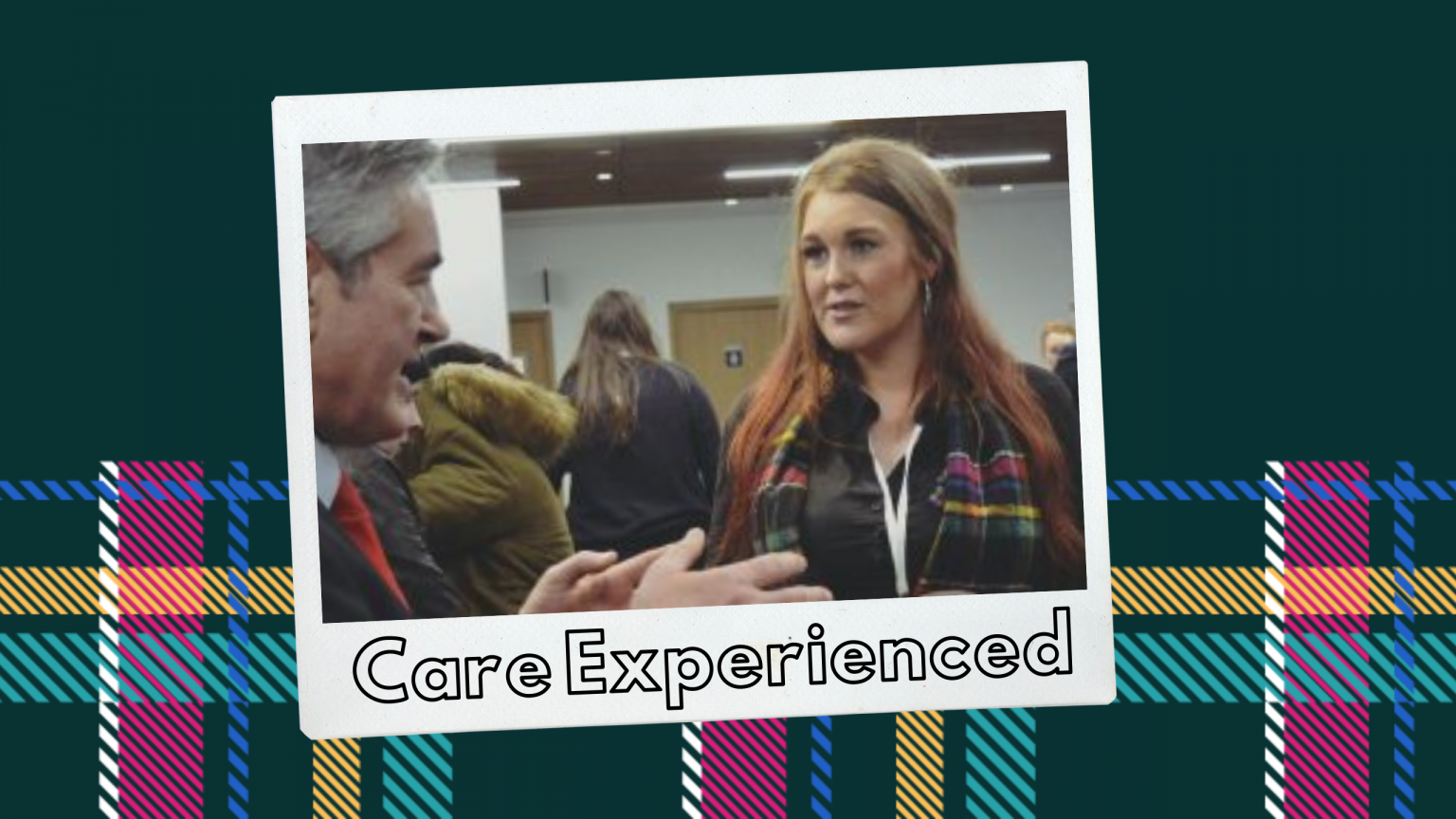In everyday life, we are surrounded by objects. We use them in every single task we do throughout the day. The laptop that I am writing this article on right now is an object. The desk and chair I am sitting at while doing this are objects. They are so ingrained in the mundane that most of the time we do not even notice we are using them. And yet, something so easily forgotten, so often overlooked, can hold such meaning to us as people and as sentimental beings.
Family heirlooms, for example, are objects that many associate with deep meaning, connection, tradition, protection and purpose. The process of passing down objects through generations and taking care of said objects to do so is something many will resonate with. Just recently, we saw the forty-sixth President of the United States of America, Joe Biden, share with the world a beloved object which holds meaning to him. At his inauguration ceremony, President Biden was sworn in using a family Bible, which has been with the Biden family for 127 years and is the same family Bible he has used every time has been sworn in for office.
Objects in this sense, keep traditions alive and help to foster a deeper understanding of family history.
Some of us may never know our families. We can live life without a clear picture of our family tree and many of us simply do not have family heirlooms. For Care Experienced people, when the state enters our life as children, there are many impacts that alter our ability to access these things.
Sometimes, care can be an intergenerational cycle, which can make tracing our heritage more difficult. Relationships are often fragmented as a result of years of separation; processes and structures of protection can mean that we lose ‘contact’ and connection to our families and the nature of care placements can result in displacement from communities meaning understanding our culture is a task we are expected to deal with alone, often in adulthood. It is no wonder, then, that in my own life, I have always had a strong desire to hold onto objects.
I have a big box filled with objects I have collected over the years that to many people, will look like nothing special. But to me, these are my most treasured possessions.
In it I have small teddies that my big Brother won for me at the fairground when I was a child; pots of jam and honey (which are definitely out of date) from lunch with my Dad and every card I have received in the last 10 years. I have kept the bears because they remind me of the time I got to see my big Brother after years of separation, I have kept the pots of jam and honey because they remind me of the first time I met with my Dad after I was taken into care and I keep the cards, because ever since I was taken into care, to this very day, I never know and worry about whether anyone will remember to send me one the year after.
I think part of the reason I hold onto objects other people may have thrown away is because I am conscious that my relationship with my parents has been fragile for a long time. Unlike many of the people around me, I have never met my grandparents. I do not have family heirlooms and I have very little understanding about where my family comes from, my heritage and my culture as a result. This has been a difficult recognition for me, and perhaps, is a driving force for me to make sure I hold onto the objects that mean something to me, so that maybe one day, children I may have, can learn about their heritage, who their Mum was and where she came from.
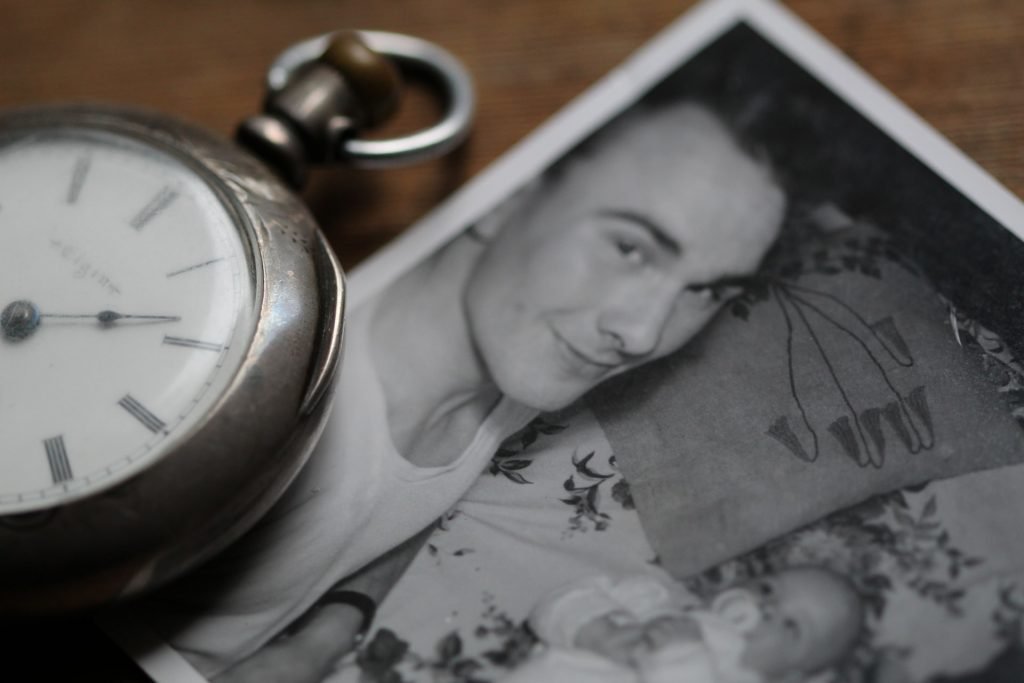
In recognising this for myself, I realised that there was not a time or place for people like me to talk about this journey. These were conversations we were to have only with ourselves, and I wanted to change that.
While many of us may not have family heirlooms, we do have objects from throughout our lives that represent strength, pain, success and challenge. These objects tell people’s stories, from before, during and after care, and they hold deep meaning to us, in the same way that President Biden’s family Bible holds meaning to him.
Creating ‘Objects’ has built a space for Care Experienced people to reflect on their lives through the objects that define, represent and help us to understand each important moment. In doing so, Care Experienced people can tell our stories, in our own words, in our own way, from the beginning to where we are now, with the objects that are important to us.
I wanted to create a platform where Care Experienced people could define their lives in their own terms, and hopefully, help others listening do the same. As a community, Care Experienced people, like everyone else, want to know where we come from.
We too, feel the universal importance of connection to our heritage and culture. Objects provides us the opportunity to come closer to this; to resonate with the guests’ objects and the meaning that they hold, and to take the time to reflect on the objects that hold such significance in our own lives.
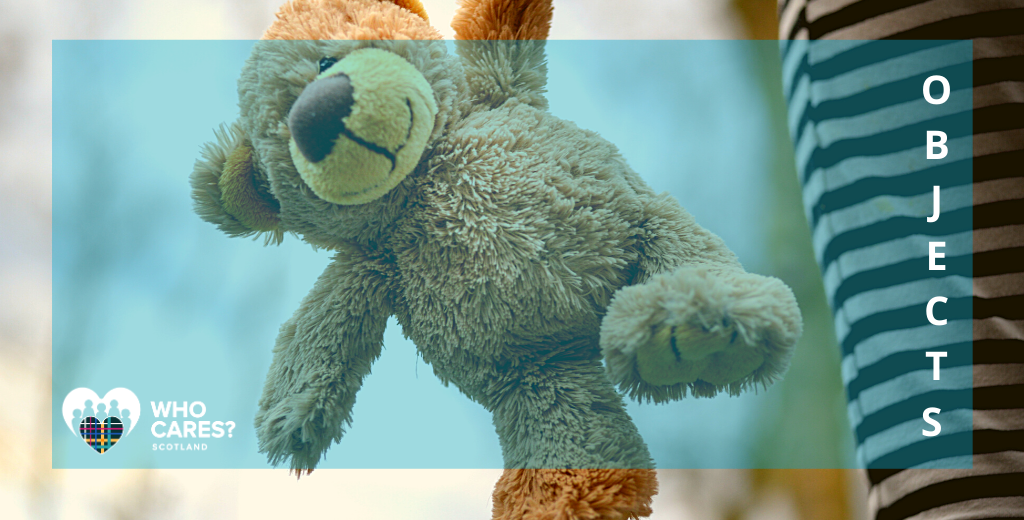
Listening to the guests share the meaning behind the objects they brought with them was a special experience. For me, as the host, and a Care Experienced person, it brought comfort to hear how other Care Experienced people place similar importance on objects that represent the moments that shape our lives. And I felt hopeful listening to Care Experienced people from across different generations share how they overcame the challenges they have faced throughout their life.
I have always believed objects matter. The stories you will hear in our podcast will show just how important they are.

